5 ways to remove mouth odor at home

Having fresh breath is crucial for maintaining good oral hygiene and social interactions.
In this piece, we will explore five effective and easy ways to combat mouth odor right from the comfort of your own home.
From practicing proper oral hygiene to incorporating natural remedies, these tips will help you achieve a long-lasting, pleasant breath that boosts your confidence.

What causes bad breath?
Bad breath, also known as halitosis, can be caused by a variety of factors. These include poor oral hygiene, such as not brushing and flossing regularly, as well as certain foods and drinks like garlic and coffee.
Other causes include dry mouth, smoking, certain medical conditions like gum disease or sinus infections, and even certain medications.
Identifying the cause of your bad breath is important in order to effectively treat it and prevent it from recurring.
Here are some ways to do it yourself at home.

1. Practice proper oral hygiene.
brush your teeth at least twice a day, floss daily, and use mouthwash to remove bacteria and food particles that can cause bad breath. ,
if someone regularly consumes large amounts of garlic and coffee, they may experience persistent bad breath due to the strong odors associated with these foods and drinks.
Additionally, if they have gum disease or sinus infections, the bacteria present in these conditions can contribute to bad breath.
By practicing proper oral hygiene and seeking treatment for underlying medical conditions, individuals can effectively address the cause of their bad breath.
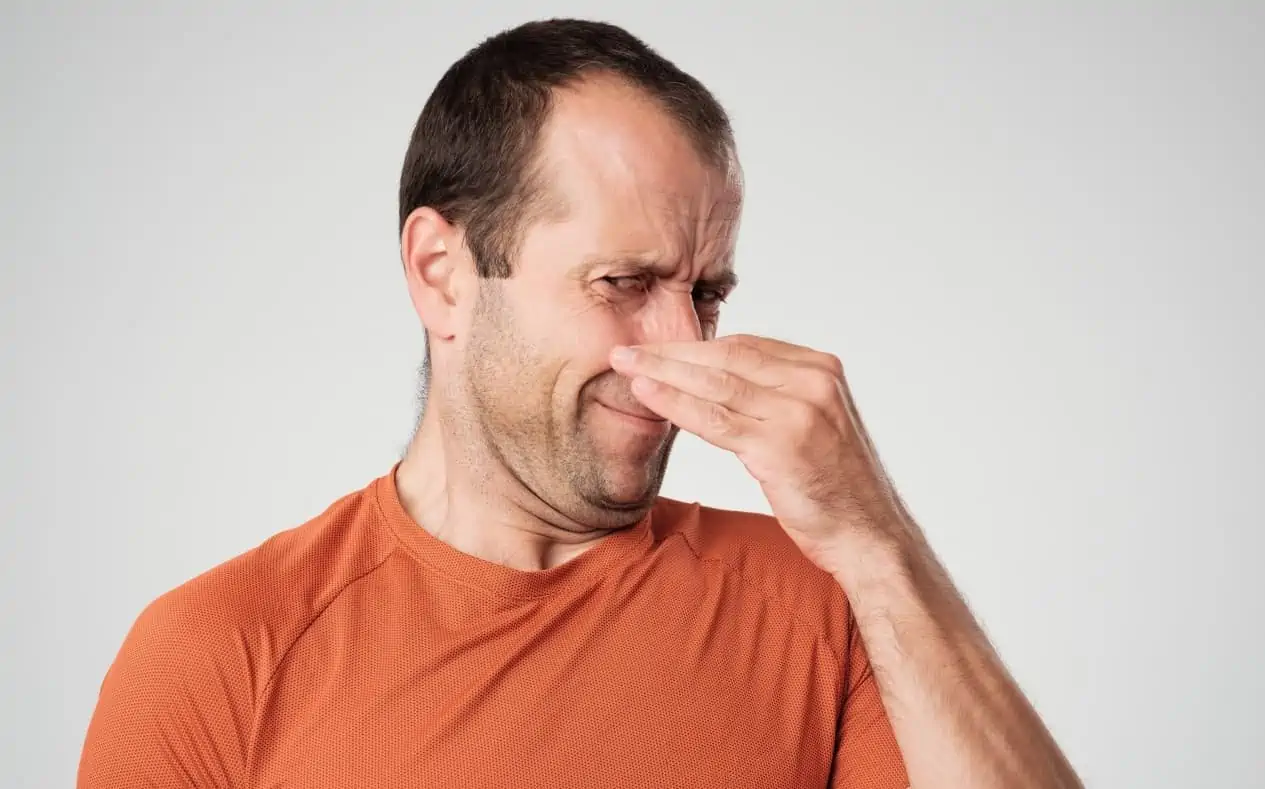
2. Incorporate tongue-scraping into your daily routine.
The tongue harbors bacteria that can contribute to bad breath, so gently scraping it with a tongue scraper can help remove these odor-causing microorganisms.
Tongue-scraping in your daily routine can be a helpful addition to practicing proper oral hygiene.
The tongue harbors bacteria that can contribute to bad breath, so gently scraping it with a tongue scraper can help remove these odor-causing microorganisms.
By incorporating this simple step into your routine, you can effectively address the cause of persistent bad breath and improve your overall oral health.
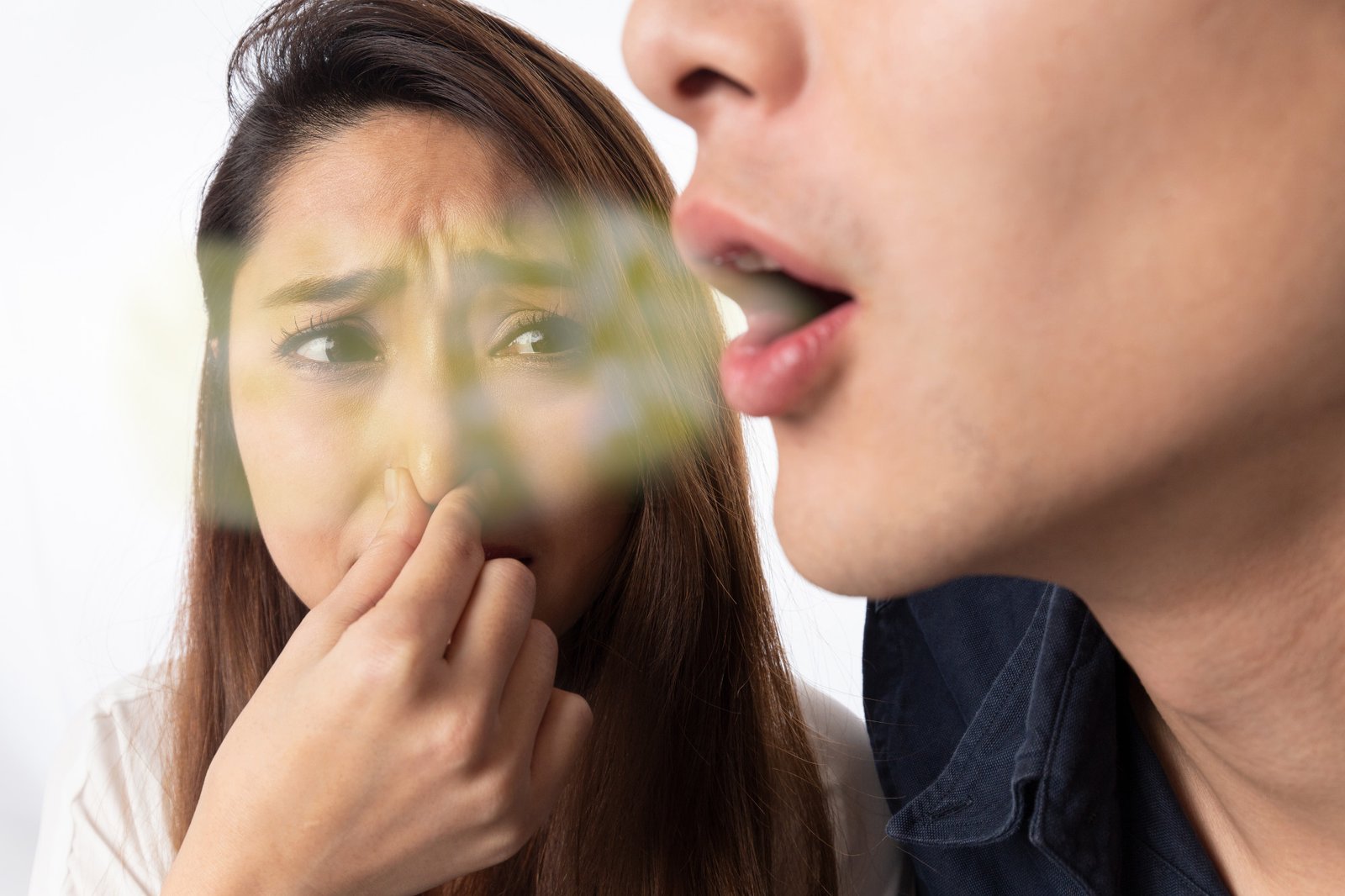
3. Stay hydrated throughout the day by drinking plenty of water.
Dry mouth can contribute to bad breath as it reduces saliva production, which is essential for washing away bacteria and neutralizing acids in the mouth.
By staying hydrated and drinking enough water, you can ensure that your mouth produces enough saliva to keep bacteria at bay and prevent bad breath.
Additionally, maintaining proper hydration throughout the day can improve overall oral health by reducing the risk of tooth decay and gum disease.
Make it a habit to drink water regularly and incorporate it into your daily routine for fresher breath and a healthier mouth.
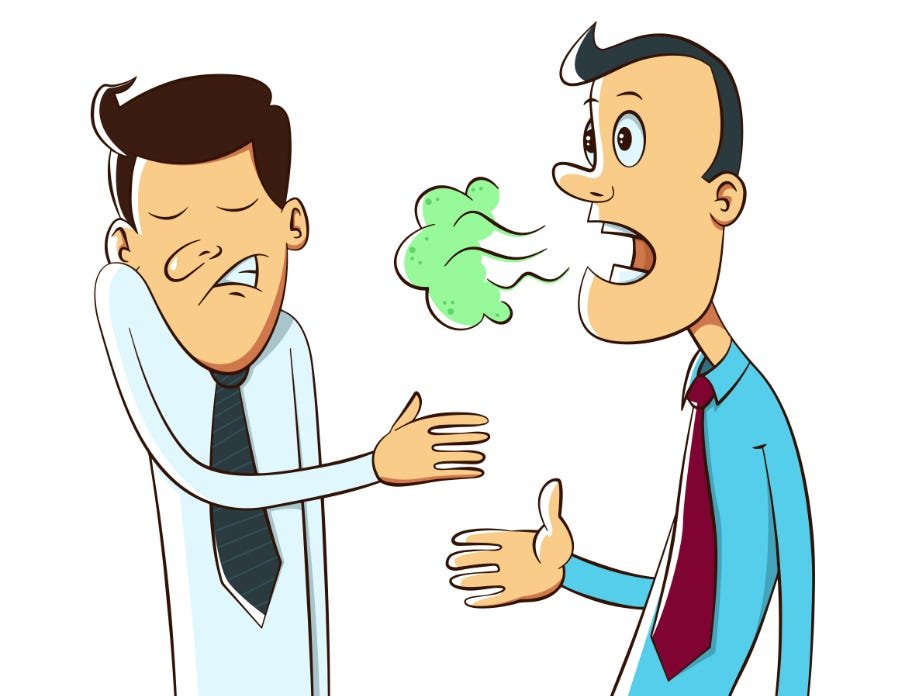
3. Chew sugar-free gum or mints:
These can stimulate saliva production and mask bad breath temporarily. Chewing sugar-free gum or mints can be a helpful addition to your oral hygiene routine.
Not only can they stimulate saliva production, which aids in washing away bacteria and neutralizing acids in the mouth, but they can also temporarily mask bad breath.
By incorporating sugar-free gum or mints into your daily routine, you can enjoy fresher breath throughout the day.
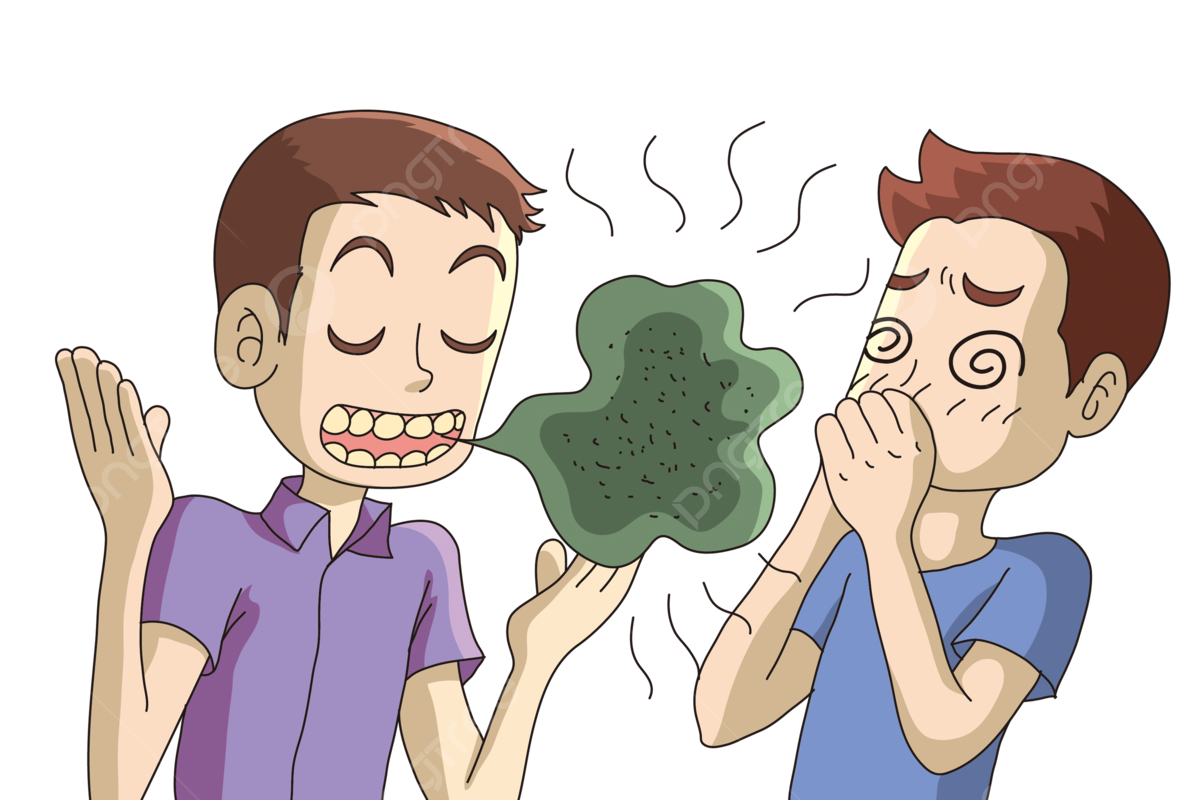
4. Incorporate natural remedies:
Try rinsing your mouth with a mixture of salt and warm water, or chewing on fresh herbs like mint, parsley, or cloves, which have natural antibacterial properties.
Incorporating natural remedies can also help in improving bad breath. Rinsing your mouth with a mixture of salt and warm water can help kill bacteria and freshen your breath.
Chewing on fresh herbs like mint, parsley, or cloves, which have natural antibacterial properties, can also provide a temporary solution for bad breath.
By including these natural remedies in your oral hygiene routine, you can further enhance the freshness of your breath throughout the day.
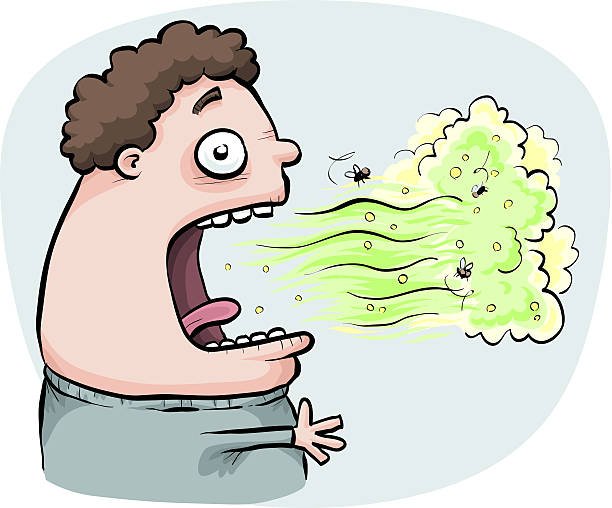
5. Avoid certain foods and habits:
Limit your intake of foods like garlic, onions, and spicy dishes that can contribute to bad breath. Also, quit smoking if you’re a smoker, as it can leave an unpleasant odor in your mouth.
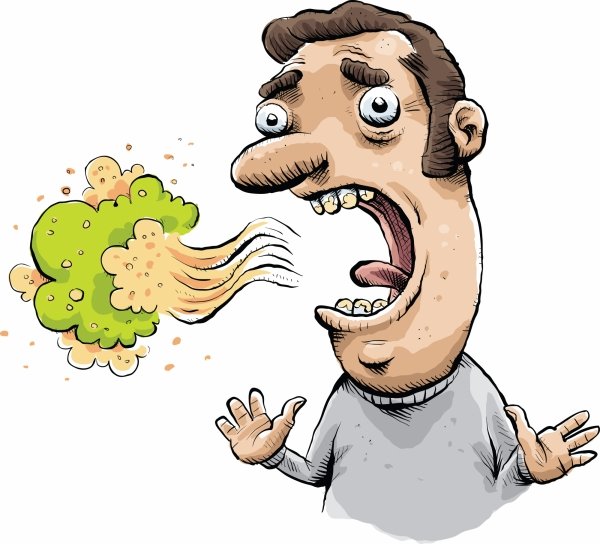
Additionally, practicing good oral hygiene such as brushing your teeth twice a day, flossing daily, and using mouthwash can help eliminate the bacteria that causes bad breath.
Regular dental check-ups and cleanings are also important to maintain fresh breath and overall oral health.
Drinking plenty of water throughout the day can also help keep your mouth hydrated and reduce the chances of developing bad breath.






